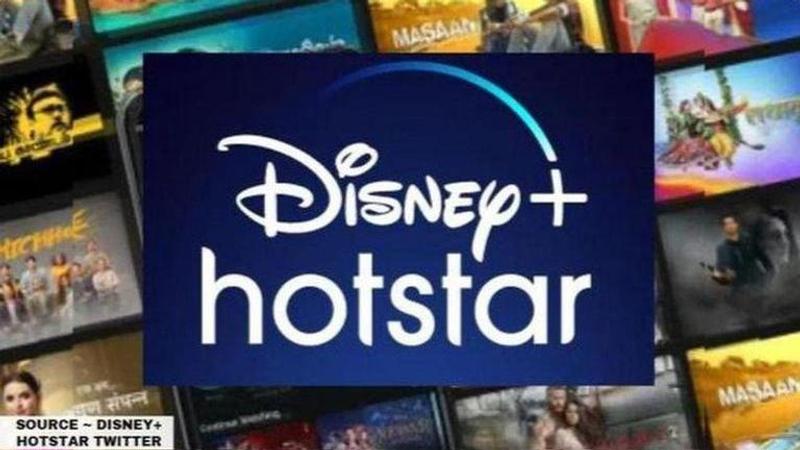Published 15:21 IST, June 20th 2020
Hotstar-Disney rents Ramoji Film City for 3 years; is it a threat to movie theaters?
Hotstar-Disney has rented Ramoji Film City for 3 years. Read on to know how likely is it to affect the business of movie theatres and the film industry.

Many OTT platforms reportedly saw a spike in content consumption during the lockdown. As people were advised to stay indoors to curb the spread of COVID 19, they resorted to OTT platforms for entertainment. Considering this, Hotstar Disney has rented Ramoji Film City for 3 years.
Hotstar-Disney rent Ramoji Film City for 3 years
Ramoji Film City is said to be the world’s largest film city. Hotstar Disney organisation renting Ramoji means that it can put an unofficial embargo on any other film unit desirous of shooting at the vast premise. By reserving India’s biggest film city, Hotstar-Disney intends to ensure that they have an advantageous venue to produce content for consumption in the coming years.
Disney label had acquired Star and Hotstar in the year 2019. The merger has made Hotstar as one of the most powerful OTT creators across the Indian subcontinent. However, the renting Ramoji Film City has posed several business threats to movie theatres.
This is reportedly so because if people get substantial content on OTT platforms and in the comforts of their home, people might refrain from watching movies in theatres. This will further mean that filmmakers will start producing movies for OTT platforms, where their films are likely to get more views instead of movie theatres.
During the pandemic lockdown, the Bollywood industry saw many big banner films getting released on OTT platforms directly. While Ayushmann Khurrana starrer Gulabo Sitabo released recently, Akshay Kumar’s Laxxmi Bomb, Vidya Balan’s Shakuntala Devi, and Janhvi Kapoor’s Gunjan Saxena will release on OTT soon.
How long can OTT continue to release fresh content?
When a filmmaker creates content for an OTT platform, they are aware that it has to be valid for pan-India and across the globe as well. Whenever a regional film is made, it caters only to the audience of that region. But for an OTT, the content has to be relevant for people across India and further, across the globe.
OTT vs Theatre
OTT platforms are a good option for low budget films as it ensures sure-shot profit for the production house, though it might not be a suitable option for big-budget films. Reportedly, the rights for Gulabo Sitabo were acquired by Prime for INR 60-65 crores, which gave the producers a profit of Rs 30 crores as the movie was made in a budget of Rs 30 crores. If this movie would have released in theatres, the producers would have had to share the profits with the exhibitors.
However, the same cannot happen in a big-budget film. For example, Rajinikanth starrer, 2.0 released in 2018 and had a budget of INR 570 crores. The movie earned Rs 800 Crores at the box office. Apparently, no OTT platform would pay so much for a single film, even if it stars the biggest film stars.
Updated 15:21 IST, June 20th 2020




